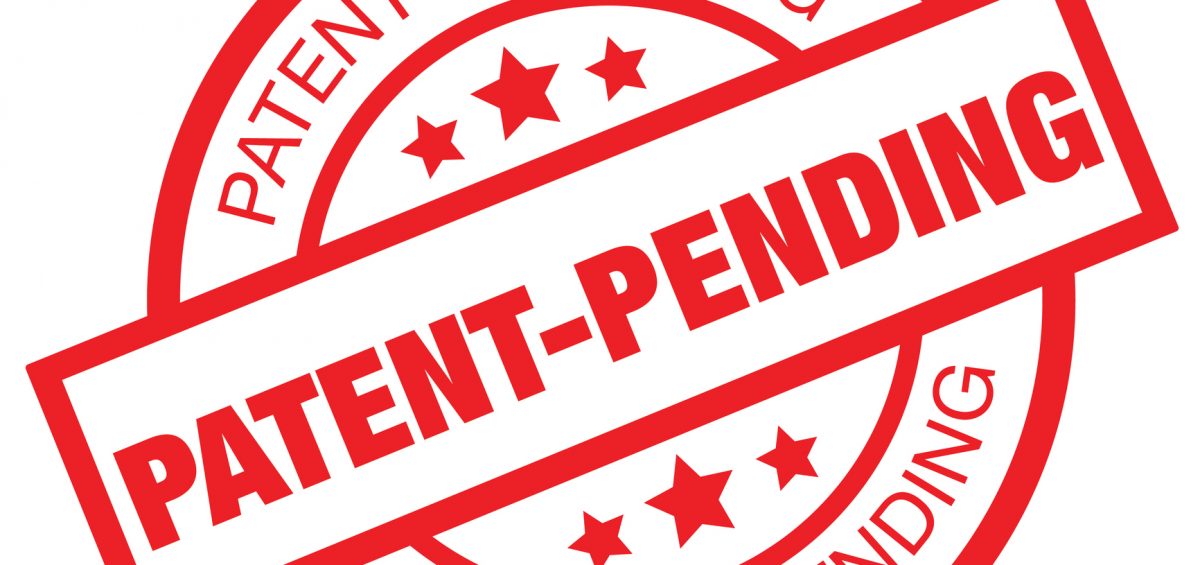The Higher Regional Court of Munich held in a recently published decision (case reference 6 U 3973/16) that the use of the English designation „patent pending” on dental care products is suited to mislead German consumers. The court held that the larger part of the general public had only a basic knowledge of the English language and was not familiar with the procedural steps that lead to the actual grant of a patent. A relevant part of the public would therefore misconceive the term “patent pending” in the sense that the patent had already been granted. The use of that designation vis-à-vis German consumers therefore amounted to an unfair commercial practice, giving rise to claims for elimination and compensation for damages. The Higher Regional Court did not admit an appeal to the Federal Court of Justice.
This outcome may surprise some of our international readers, as it implies that the term “patent pending” may be misleading even where it accurately reflects the legal status of the application. In this particular case the designation was used on everyday products that were sold to general consumers at a relatively low price. The court did not address the issue of whether the outcome would have been different if the same designation had been used on goods that are targeted at more informed circles of trade. Put in a broader context, the decision is a reminder that the use of English terms on goods that are marketed in Germany is a potential source of risk because the relevant public may misunderstand them.
If you have any questions, please contact the author of this article at boesling@boesling.com or your regular boesling IP contact.


